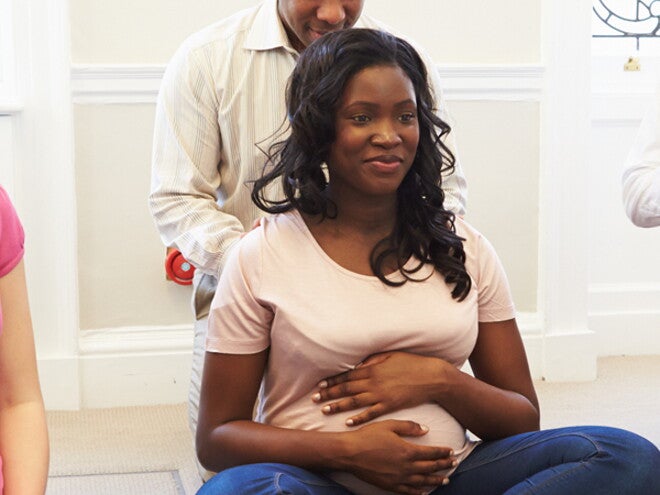
Childbirth and parent education
Childbirth and parent education
Attending childbirth and parent education classes is an excellent way to prepare for the birth and develop a support system.
The classes:
- Provide information on the physical and emotional aspects of pregnancy.
- Provide information on childbirth and early parenting.
- Teach coping skills, such as pain management.
- Offer a forum for support from professional sources and social contact with the other class members.
The self-confidence and understanding you develop from the knowledge gained enables you to participate in the birth and parenting experience with enthusiasm and a positive attitude. Ask your doctor or midwife for details of childbirth education programmes in your area.
Coping skills
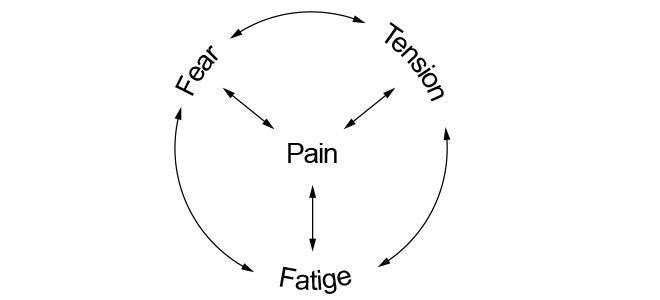
Techniques taught in childbirth preparation classes are based on the principle that fear causes tension, which in turn increases pain and fatigue.
Pain and discomfort are a natural part of childbirth for most women. You can manage your fear with accurate, realistic information to understand what is happening to your body.
Relaxation and patterned breathing techniques, and a variety of other comfort measures, help to reduce tension. In turn this reduces pain and stress and gives you a sense of control over what you are experiencing.
Related articles
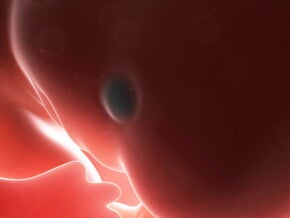

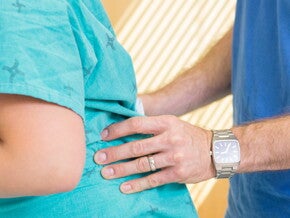
Labour
As labour starts, a mother’s mood changes and she becomes less aware of what is happening outside her body, and more aware of what is happening inside her body.
5 mins to read
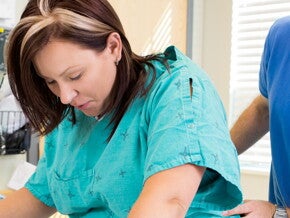
Further comfort measures for pain relief
Distractions like breathing, visualising or fixing on one point can take your mind off the pain.
5 mins to read
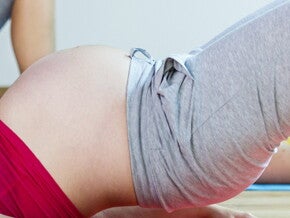
Levels of fitness
First trimester
Your fitness is likely to decrease. Listen to your body and only do what you feel comfortable doing.
Second trimester
5 mins to read

Monitoring your response to exercise
It is important to monitor your response to your exercise programme by taking your pulse-rate before, during and after exercise.
5 mins to read

Nutrition during pregnancy
By taking responsibility for your body, you can maximise your level of wellbeing and enjoy good health.
Good nutrition is of the utmost importance during your pregnancy
5 mins to read
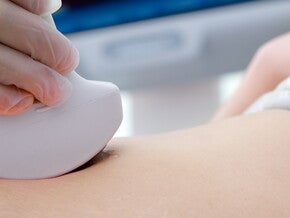
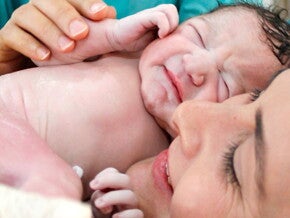
The third stage of labour
This stage lasts from the birth of the baby until the placenta is delivered, usually from 5–20 minutes.
5 mins to read
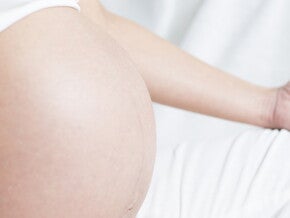

Personal considerations
You may need to consider some personal issues before you become pregnant.
1 min to read

Nutrition checklist
NUTRITION CHECKLIST
Are you eating enough nutritious food with sufficient nutrients, kilojoules, vitamins?
1 min to read

Common nutrition-related problems
The influence of hormonal changes, and the effect of the changes in the size of the growing uterus, can lead to eating complications during pregnancy.
5 mins to read

Checklist - maternity ward suitcase
*Check whether the maternity ward has a list of the items you will need.
Items for hospital stay
5 mins to read

Medication for pain relief
In a normal, uncomplicated labour and delivery, the use of medication is not always necessary. Your own resources are often enough.
5 mins to read

Criteria for prenatal classes
Instructor’s credentials, for example, midwife, physiotherapist.
Instructor’s specialised training in childbirth education.
5 mins to read
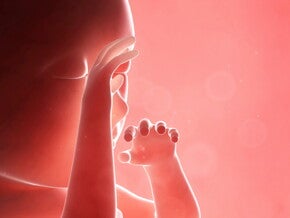
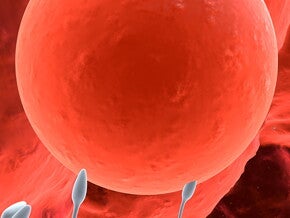
Conception
The fertilised egg divides into two identical cells – then four, then eight, then 16, and then many billions, and 266 days later – your baby.
1 min to read
